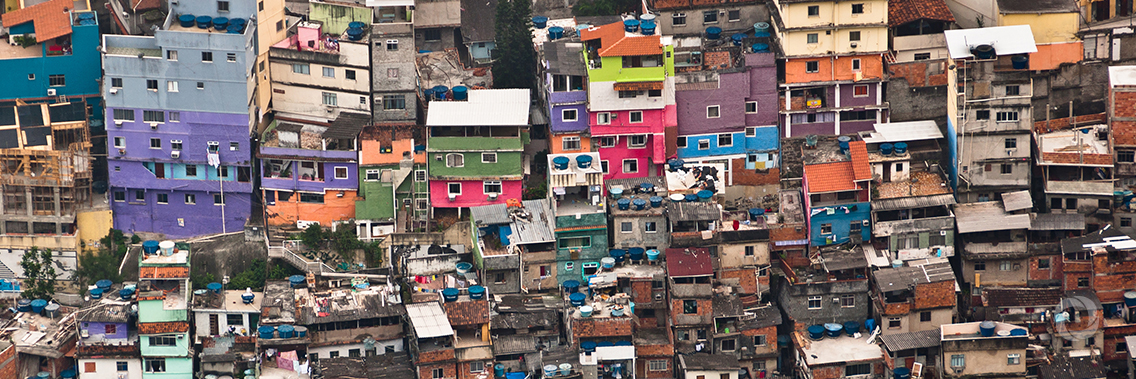Senior representatives of the Kingdom of the Netherlands and the World Bank signed an agreement for USD 7,000,000 to support developing countries’ efforts in mobilizing much-needed public domestic resources to achieve the Sustainable Development Goals, particularly in Africa and the Middle East.
The four-year agreement aims at boosting domestic resource mobilization while strengthening tax policy and administrative capacity in selected countries in North, Western, and Central Africa, as well as in the Middle-East. Some countries that may benefit from this agreement include Benin, Burkina Faso, Chad, Côte D’Ivoire, Ghana, Liberia, Niger, Nigeria, Senegal, Ethiopia, Kenya, Iraq, Jordan, and Lebanon.
Despite significant progress, many countries in Africa and the Middle East still face important challenges to increase their tax-to-GDP ratio above 15%, which is considered the minimum required to enable economic growth and poverty reduction.
Some of these challenges include: a large informal sector; limited tax collection from property; narrow tax bases in resource-rich countries; high reliance on trade taxes or a small number of large taxpayers; weak tax agencies unable to design and implement sound tax policies or to counter tax evasion and avoidance; and abusive or corrupt administrative practices. For countries with higher tax-to-GDP ratios, key issues also include tax equity and impact on business climate and private sector development.
The agreement signed with the Netherlands is part of the support to the World Bank’s Global Tax Program, which was launched in September 2017 and is financed by a multi-donor trust fund. The GTP covers tax-related activities across the World Bank’s portfolio and aims to enhance opportunities for coordination with other relevant stakeholders, including donors, civil society, and academic or research institutions.
The program approaches the strengthening of domestic resource mobilization not just from a raising revenue angle, but also from the design of tax systems that promote inclusiveness, encourages good governance, matches society’s views about appropriate income and wealth equity, and promotes social justice.
Original source: World Bank
Published on 11 April 2019

